On Air Now
Heart's Club Classics with Toby Anstis 7pm - 11pm
12 December 2018, 16:30
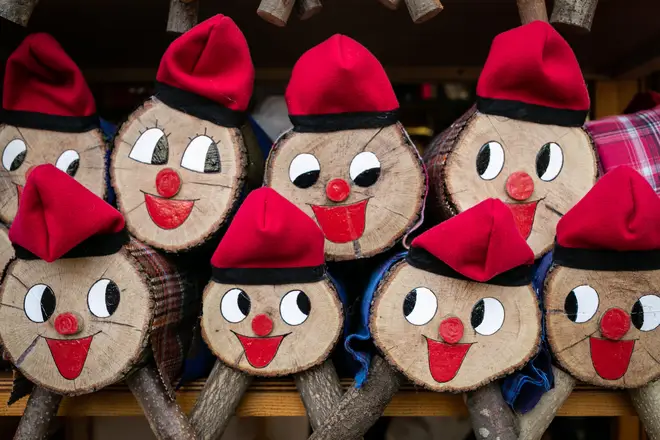
Christmas Eve traditions from around the globe: how people from different countries celebrate the night before Christmas
We in the UK may associate Christmas Eve with eating our weight in mince pies and going to the pub, but traditions for the night before Christmas are as varied and exciting as they are for the day itself.
Here's how Christmas Eve traditions vary from country to country across the world:

Norwegian people take part in the unusual Christmas Eve tradition of hiding their brooms, as ancient folklore dictates that this is the night witches and evil spirits come out to look for brooms to ride on.
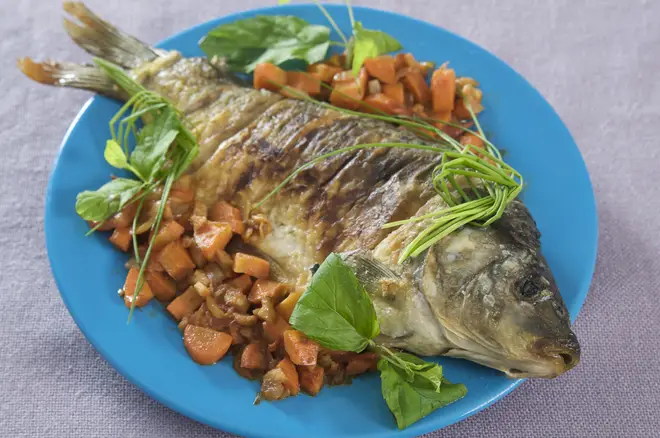
Polish people traditionally indulge in a 12 course meal (called Wigilia) that includes carp on Christmas Eve. They also share a special bread wafer called Oplatek, which symbolises forgiveness. Adults generally exchange gifts on this night, but kids will usually receive presents in the days proceeding.
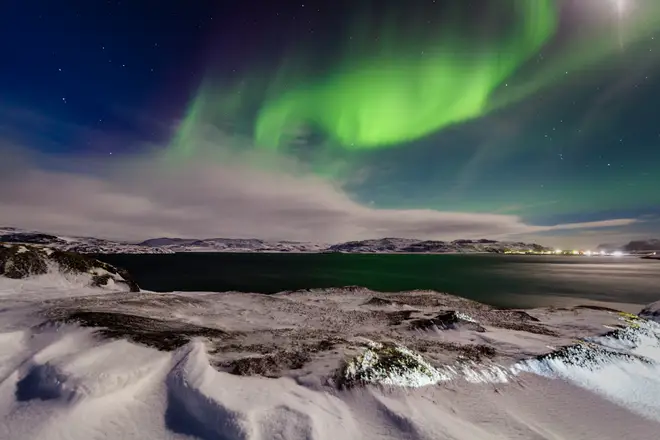
'The Yule Lads' refers to the 13 troll-like characters that visit children in Iceland in the 13 days leading up to Christmas. Kids leave their best shoes by the window, and the Yule Lads visit and bring gifts for the nice children and rotten potatoes for the naughty ones. On Christmas Eve, kids have to wait until the meal, which is called Hangikjot and is traditionally a leg of lamb, is finished before they open their presents.
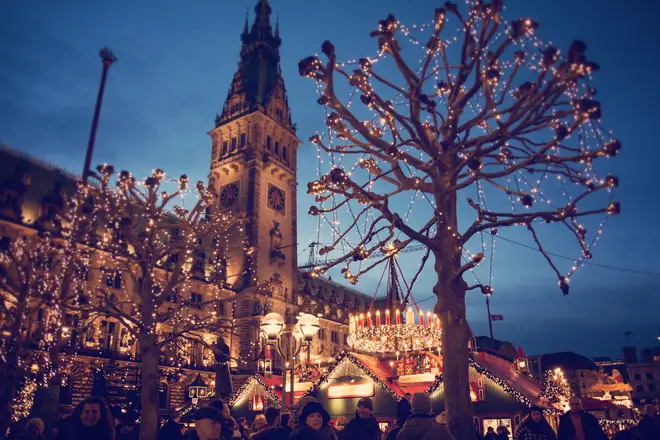
Nikolaus is different to Father Christmas in that he travels by donkey in the middle of the night on 6 December (Nikolaus Tag) and leaves gifts of coins, chocolate, oranges and toys to the good children of Germany. St Nicholas also goes round schools and gives gifts in exchange for kids singing songs, reciting poems and drawing pictures.

Every Christmas Eve morning, the citizens of Caracas, Venezuela, go to church. This tradition wouldn't be unusual at all, were it not for the fact that they do so wearing roller skates. So popular is this tradition, that roads across the city are closed so people can skate safely.
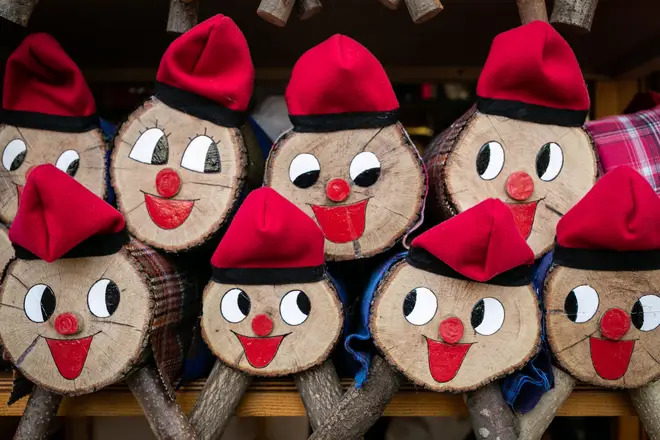
The festive period in Spain starts on 8 July, when children start feeding the Tió de Nadal (or 'Christmas log'). They also cover it up with a blanket to keep it warm. When Christmas Eve arrives, the log is brought inside and beaten with sticks by kids while they sing a traditional song.After they've finished beating him, they look under the blanket to find the log has, erm, excreted lots of treats.
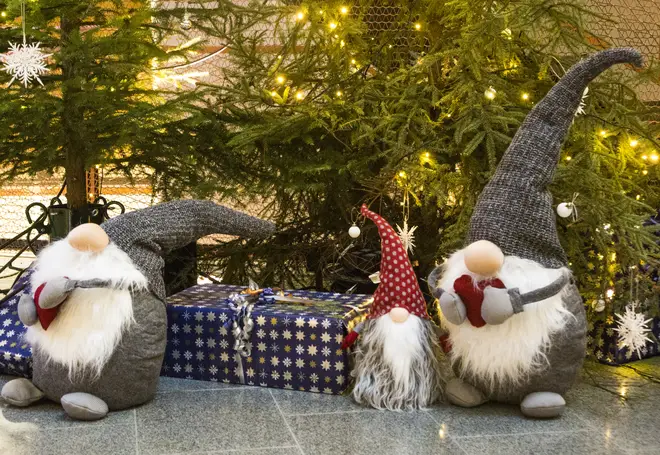
Christmas Eve is generally a bigger deal in Finland than Christmas Day, with the latter generally being a quieter affair. In the city of Turku, a ceremony that announces the beginning of the Christmas peace period takes place at midday, and this period lasts for 20 days. People will eat rice porridge and plum fruit juice for breakfast on Christmas Eve. There is also a tradition to hide almonds in the porridge, and the finder of these will have a lucky year.
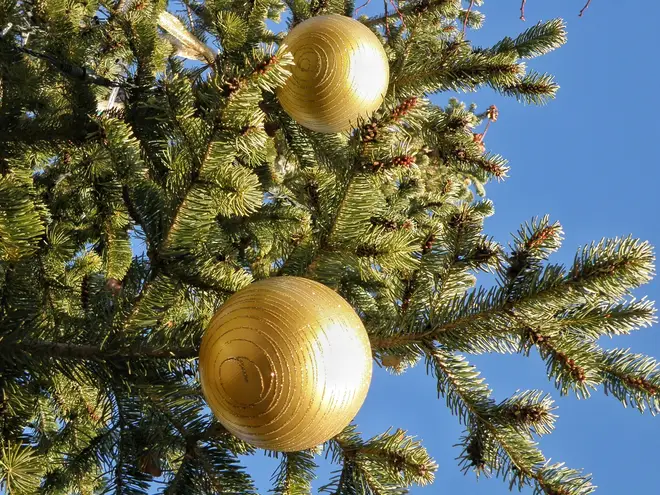
Although Easter is celebrated more than Christmas in Greece, that isn't to say the festive holiday isn't important. On Christmas Eve, children go from house to house playing music and singing carols in return for treats. Another tradition is to wrap a wooden cross in fresh basil and use it to sprinkle water around the house to keep away goblins called Killantzaroi.
NOW READ:
OUTRAGE as Father Christmas slapped with PARKING TICKET outside shopping centre
Poundland are selling pre-wrapped Secret Santa presents...for just a quid
Morrison's release new VEGAN pigs-in-blankets just in time for Christmas